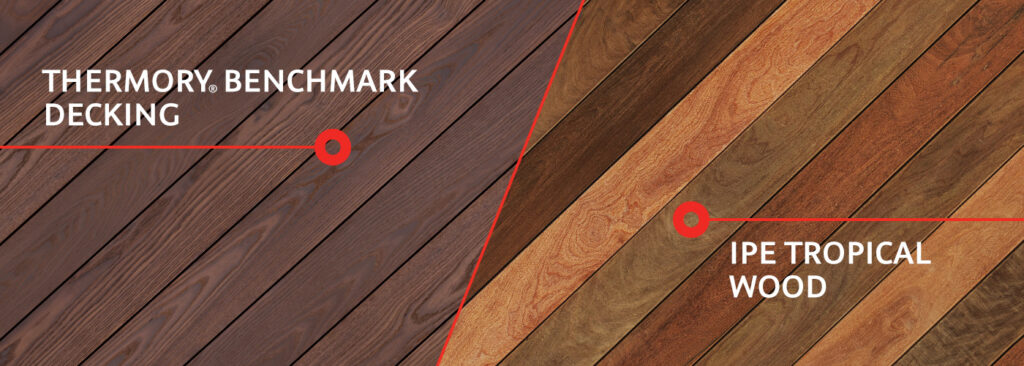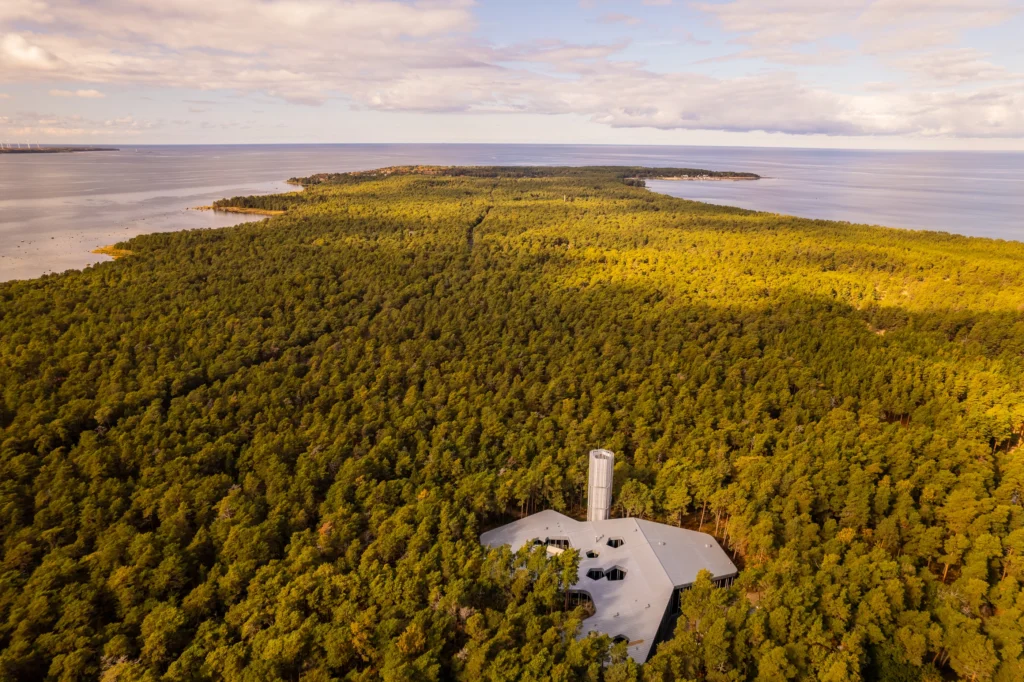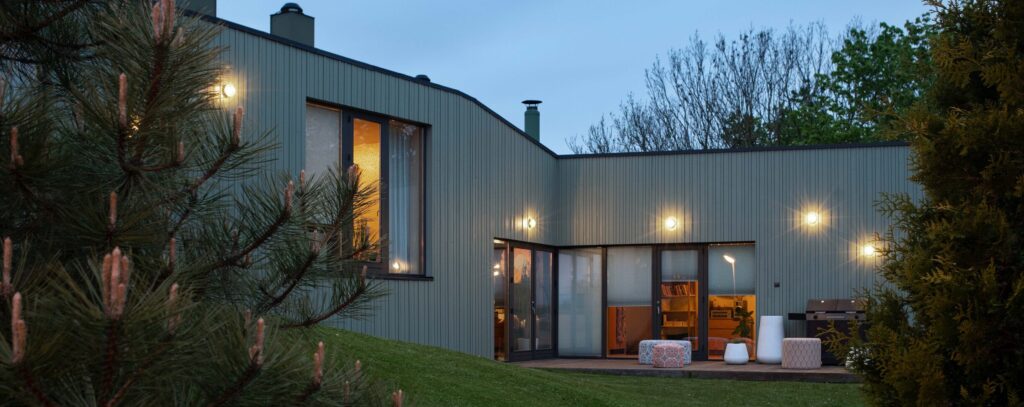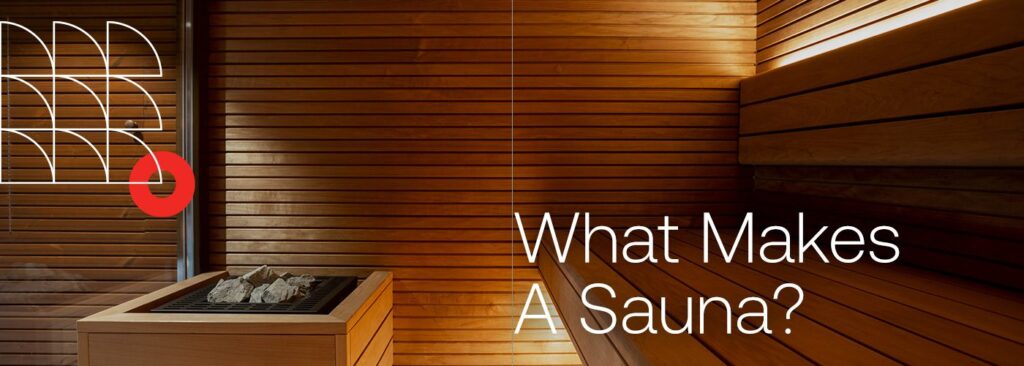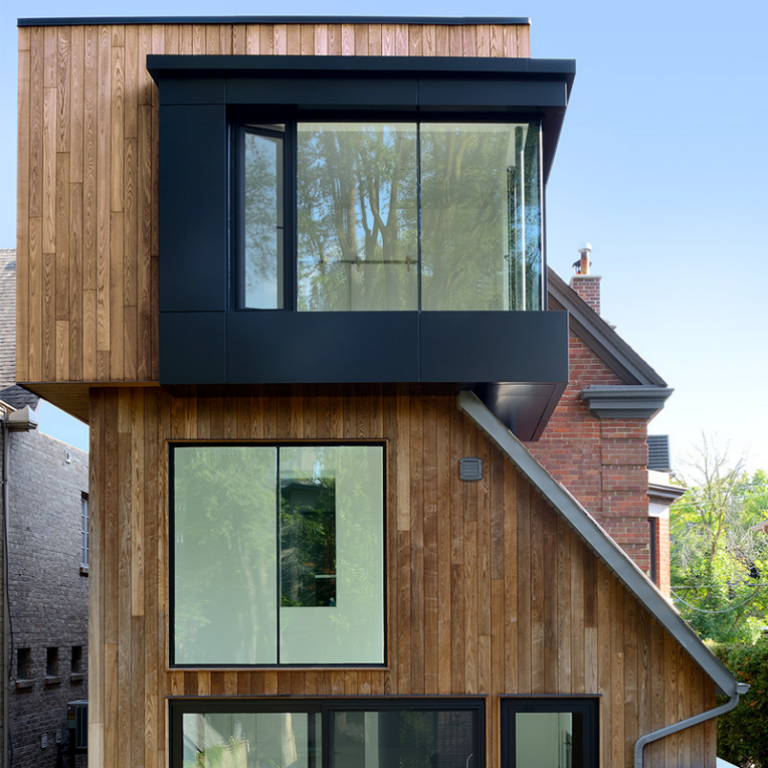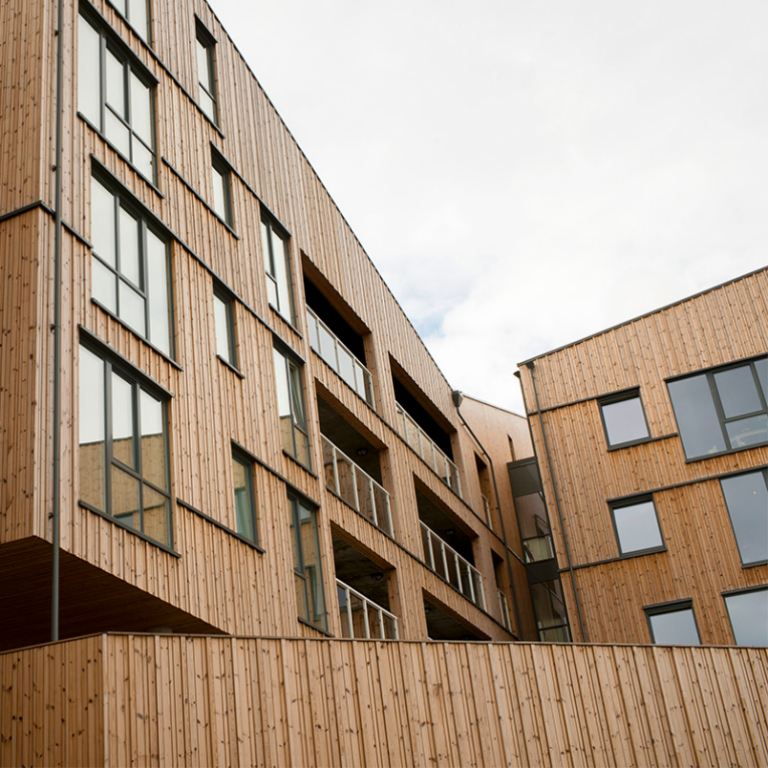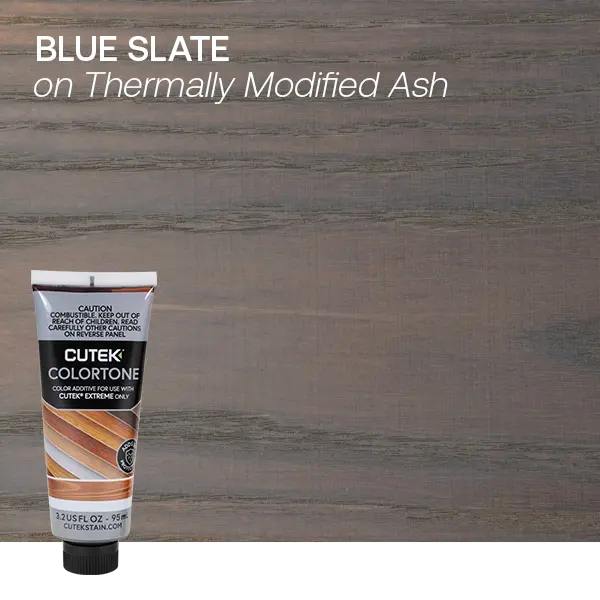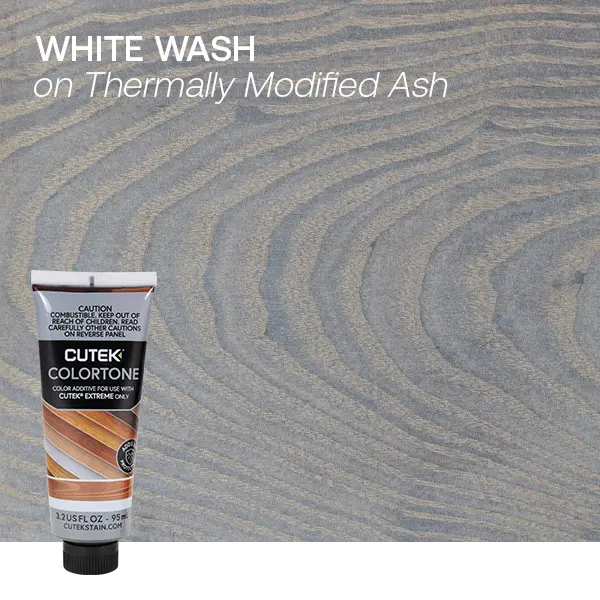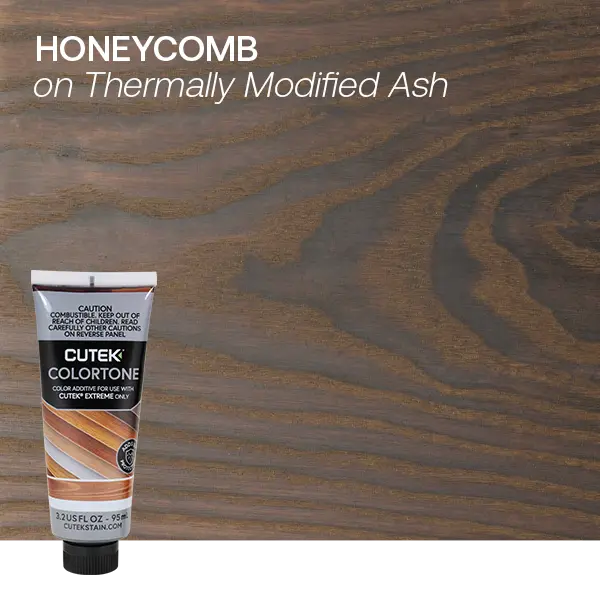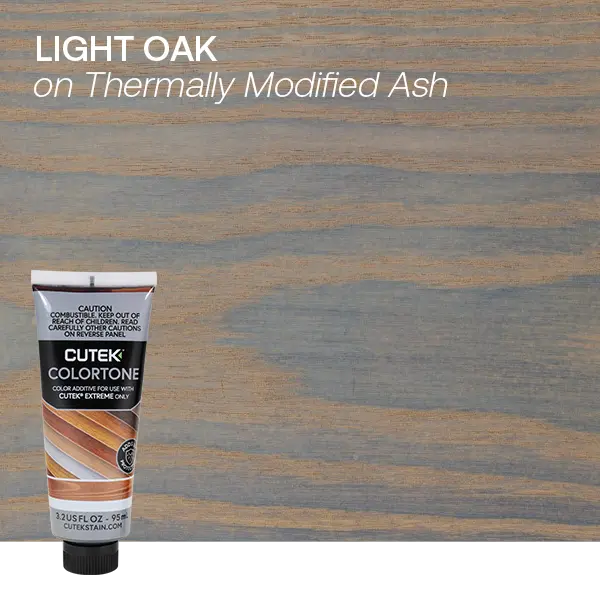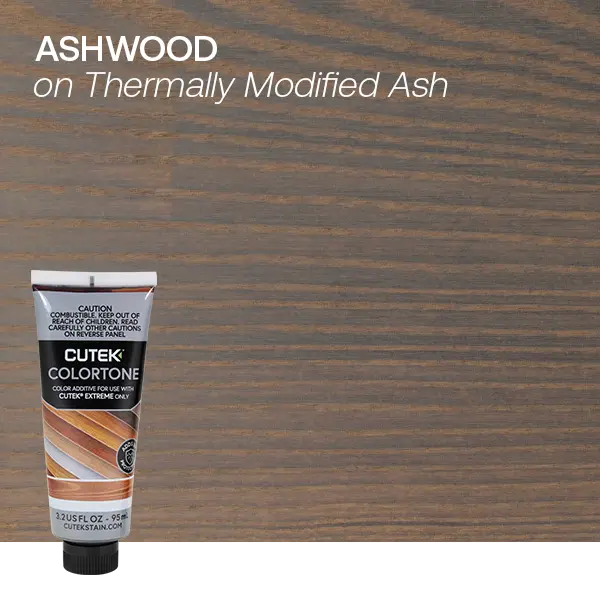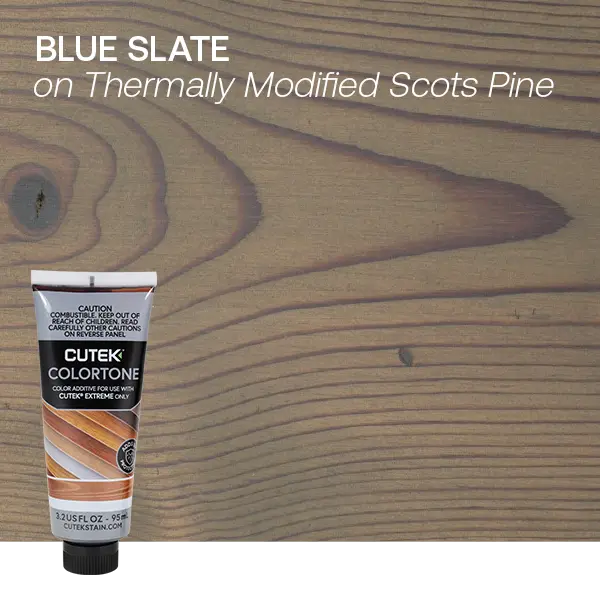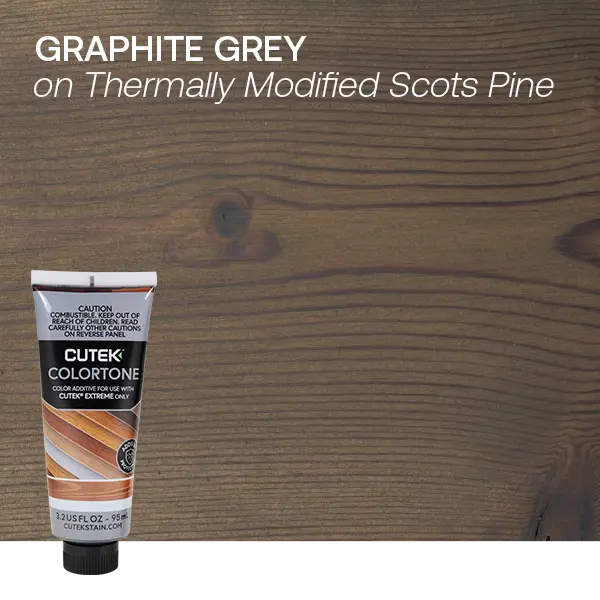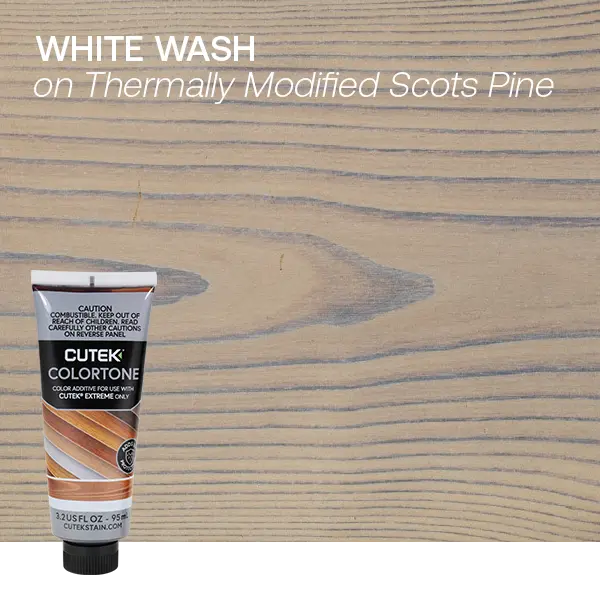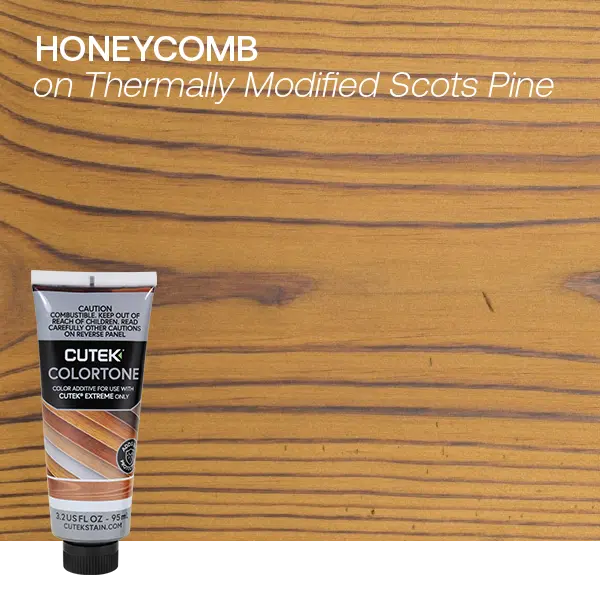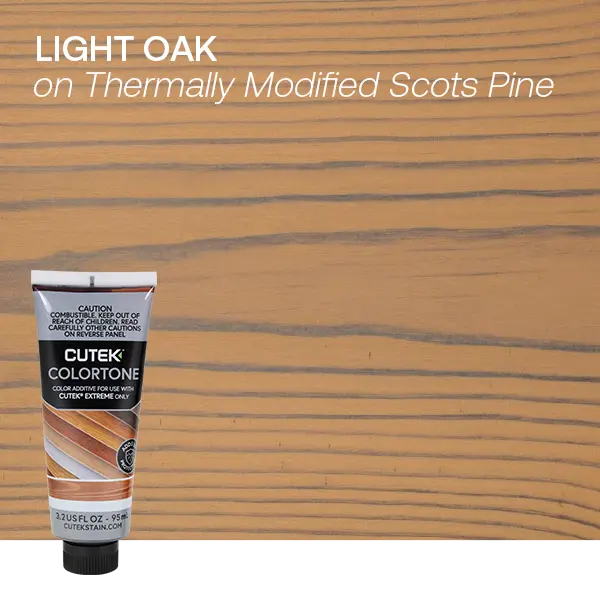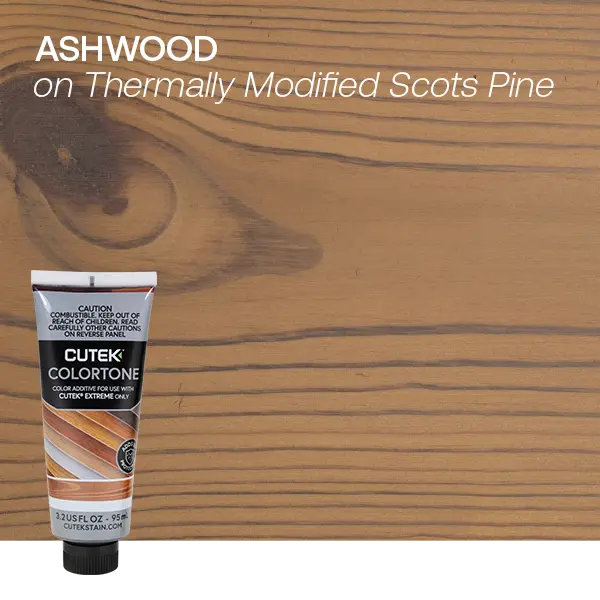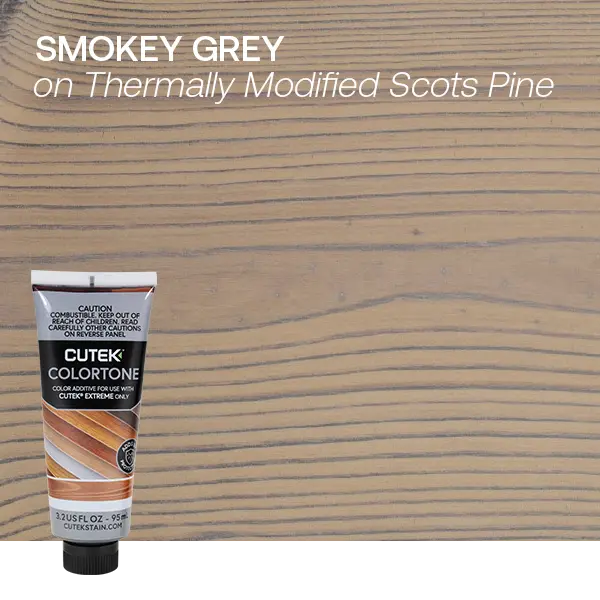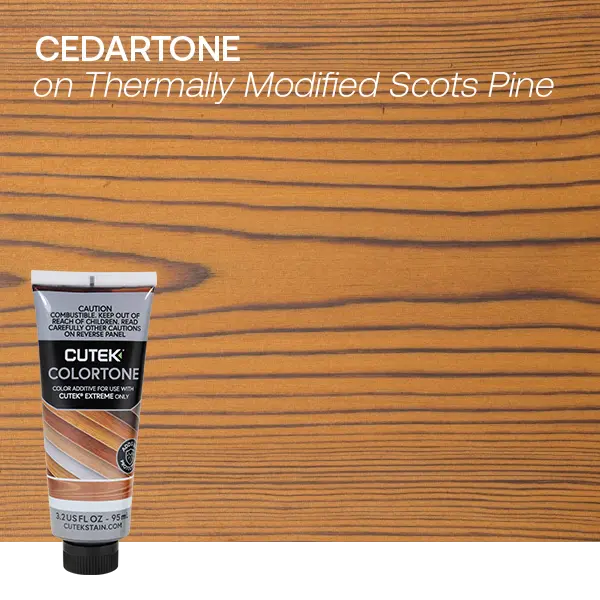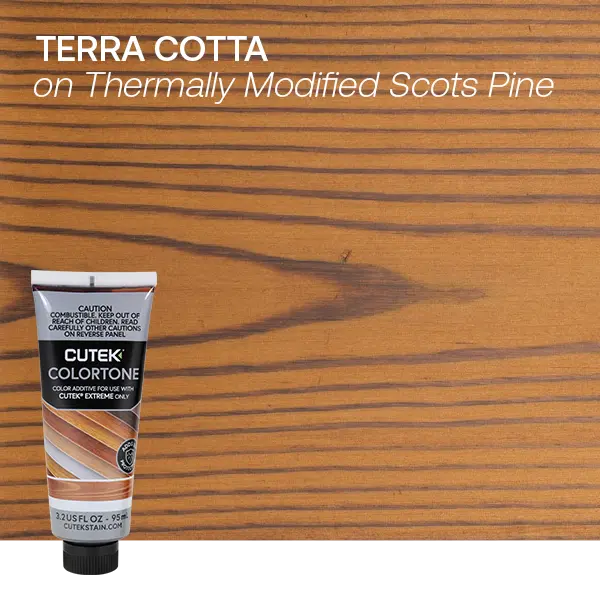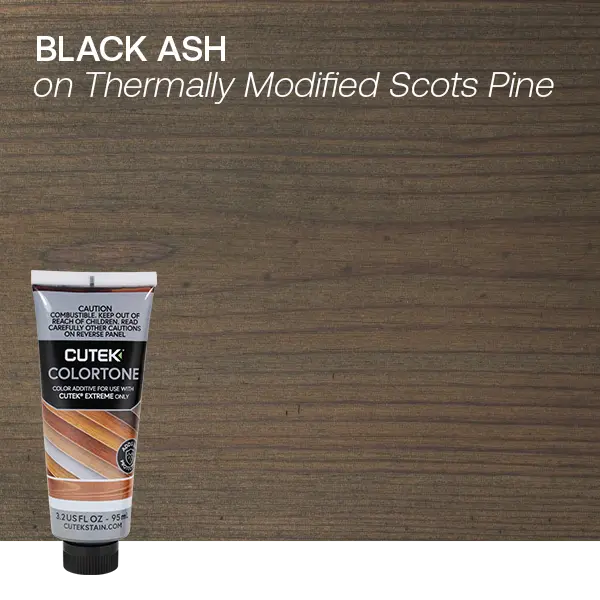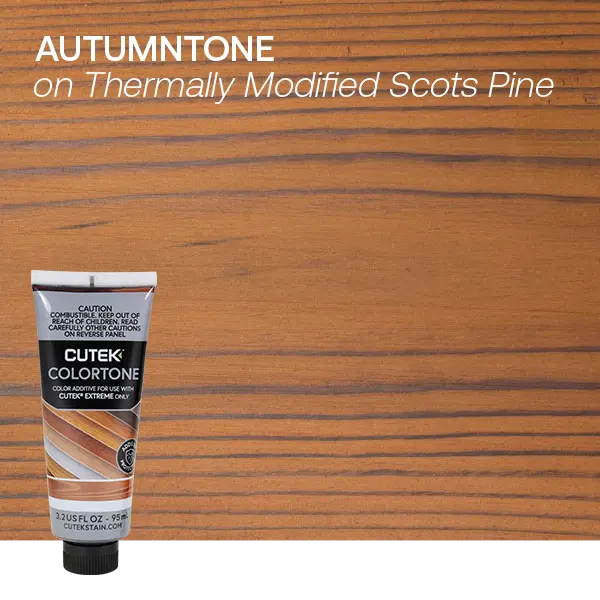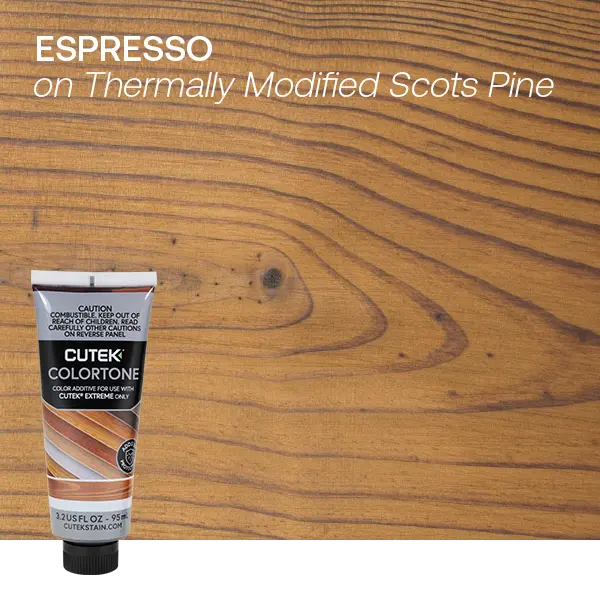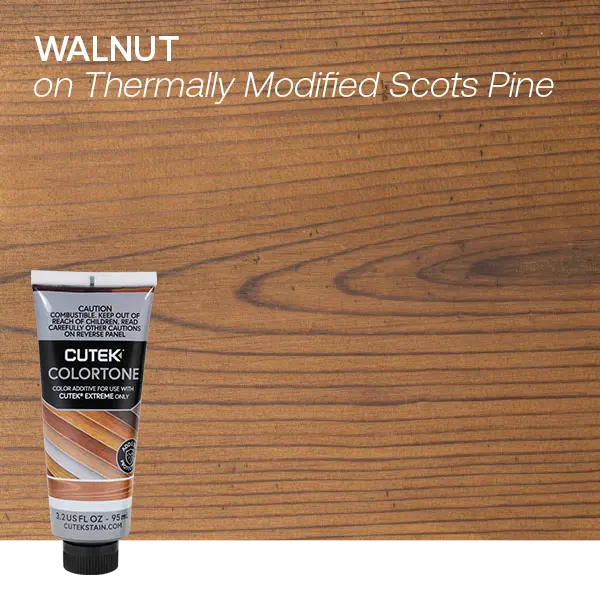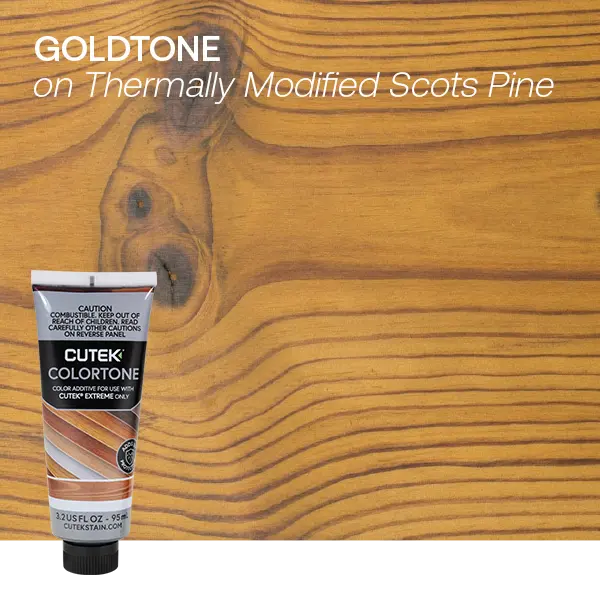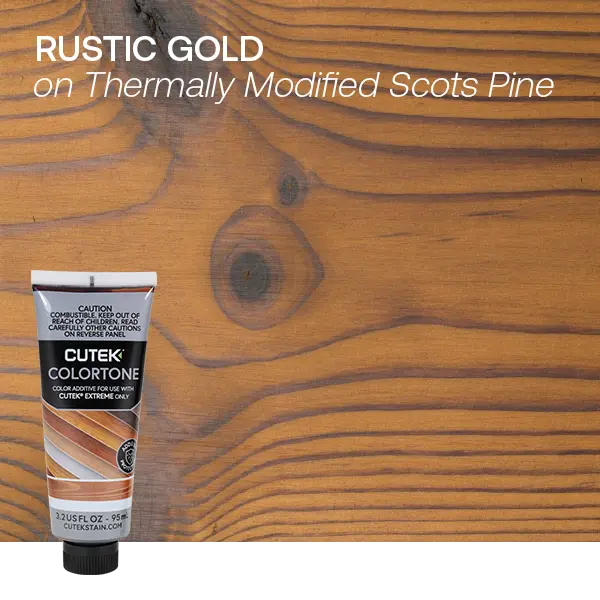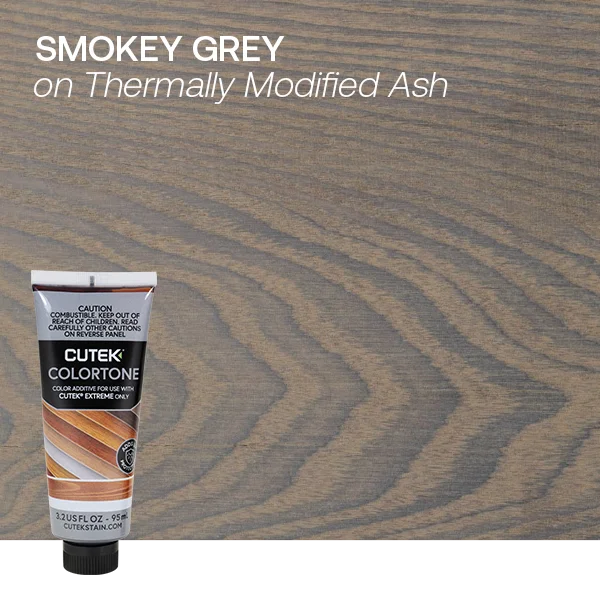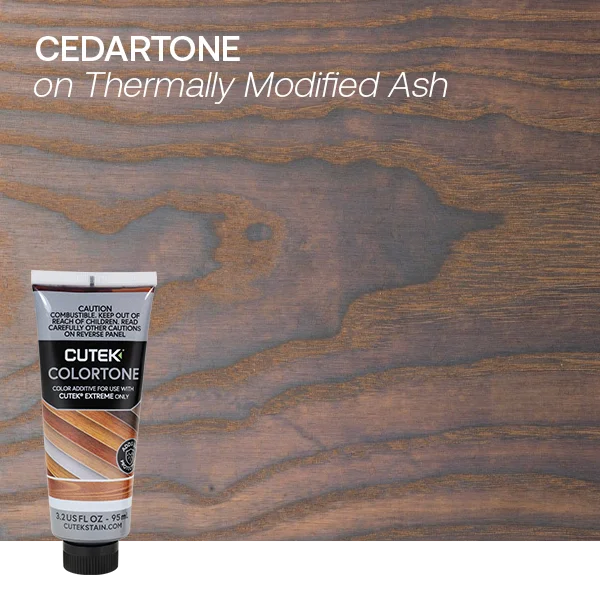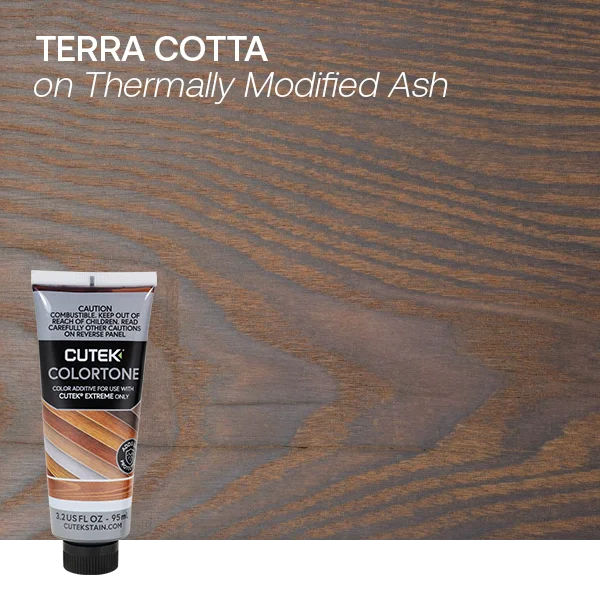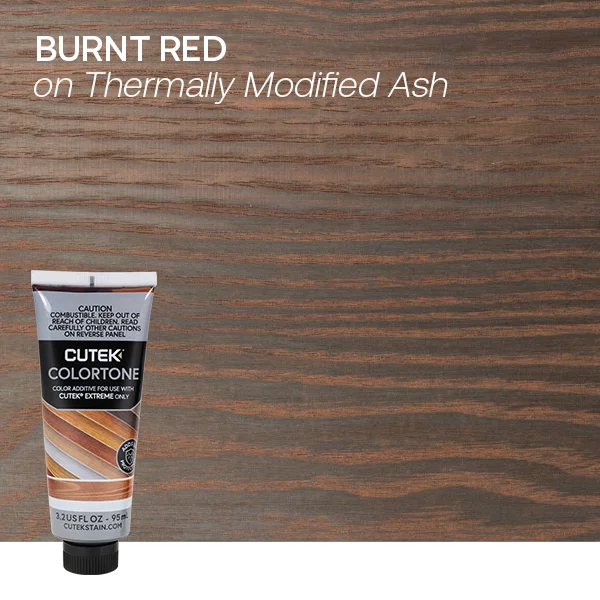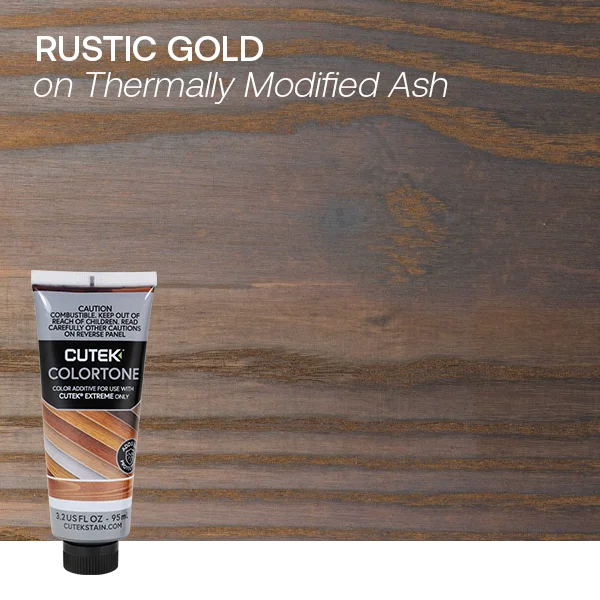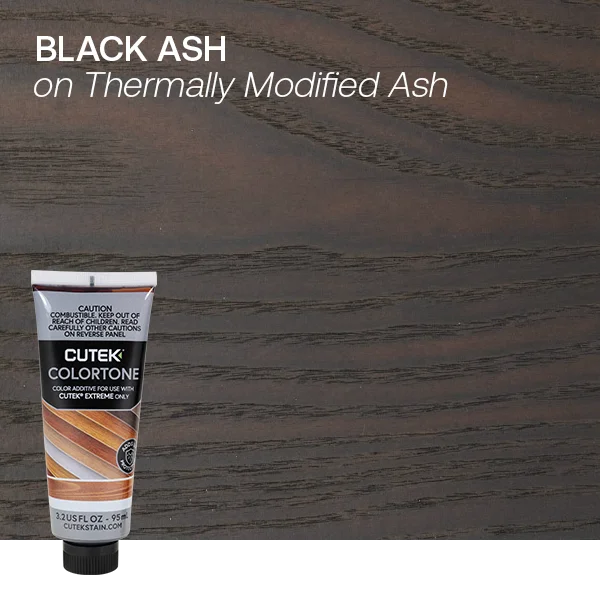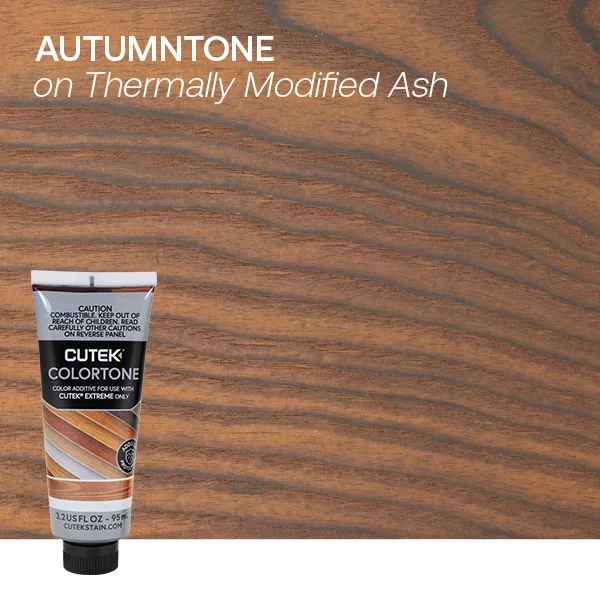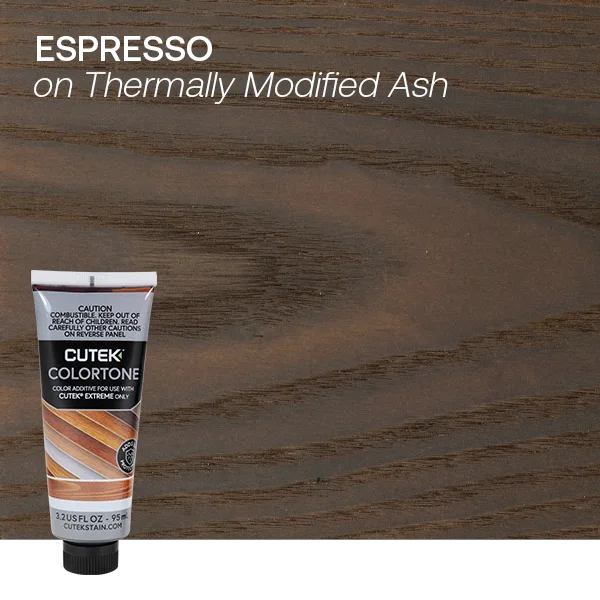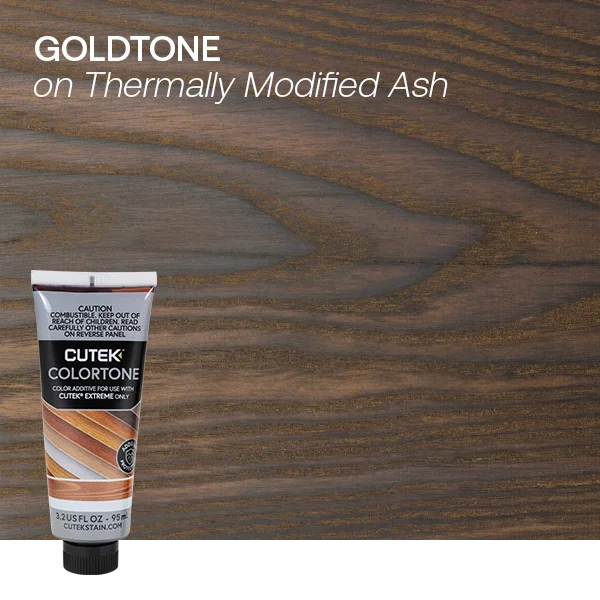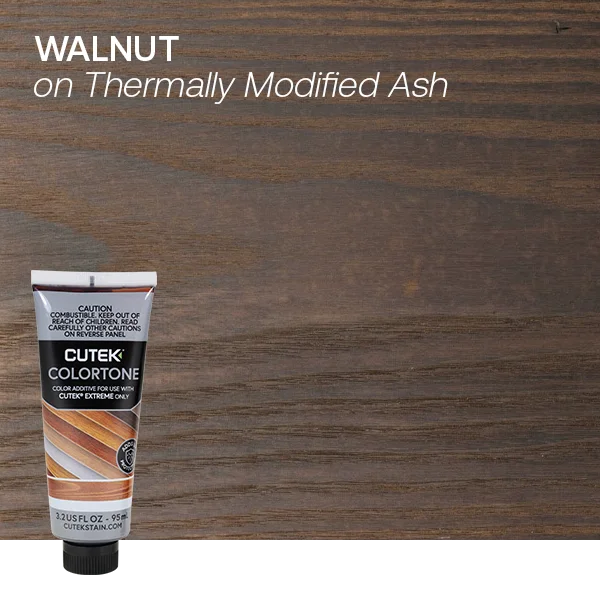Where your wood comes from matters. Of course you need a species that performs the way you want – color, durability, scent, installation, etc. – but considering where that wood was sourced should also be a major factor.
It’s no secret that we’re losing rainforests at an alarming rate. And with the loss of rainforests comes an avalanche of environmental issues. Rainforests are important. Trees clean our air. Tropical rainforests are home to thousands of unique and endangered species (around 80% of land species live in rainforests) – not to mention the millions of people and societies who depend on them directly for essential resources. Deforestation releases greenhouse gases that raise temperatures and lead to drier climates, which is bad for agriculture (without farms, what will we eat?). In fact, tropical rainforests release more water into the atmosphere than any other land ecosystem. Basically, it’s impossible to separate the issues of climate change and deforestation – they are permanently and inextricably linked together.
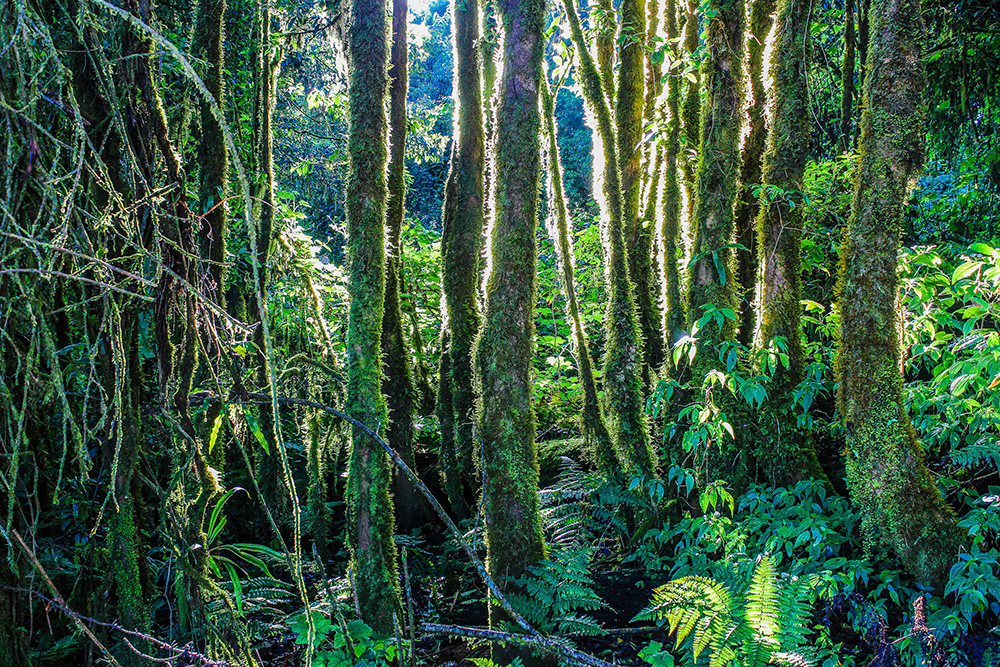
So when you’re choosing wood for a deck, porch or other project, the source of the wood matters.
But there’s more to this story.
Rainforest wood isn’t just bad for the environment. It’s often, dare we say almost always, obtained illegally. We’re not talking about the end-user here, or the lumber yard, or even the distributor in many cases. Tropical wood harvesting is a dark, winding endeavor with little oversight and rampant deception. Any claim that tropical wood was harvested legally should be received with skepticism – while there are regulations in place to make this a possibility, there is little motivation for loggers to adhere to them, and little risk of repercussion for breaking the rules. In this story about the Environmental Investigation Agency’s 4-year investigation into the illegal logging industry, we can see the depths of the problem – and how useless attempts at regulation have been. In the article, you can read about how it took over 4 years and the work of hundreds of people across the globe to stop just one ship and one buyer from distributing millions of pounds of illegally harvested tropical wood. It’s a bleak picture, and it makes the sale of tropical wood rife with moral ambiguity.
The tropical wood market is dictated by demand, and demand is high. Tropical woods are known for exceptional durability, making them a common choice for higher-end outdoor projects. They last 25+ years and have a rich, dark natural color. Because of this, they can be sold at a premium price – fueling the flame of illegal logging.
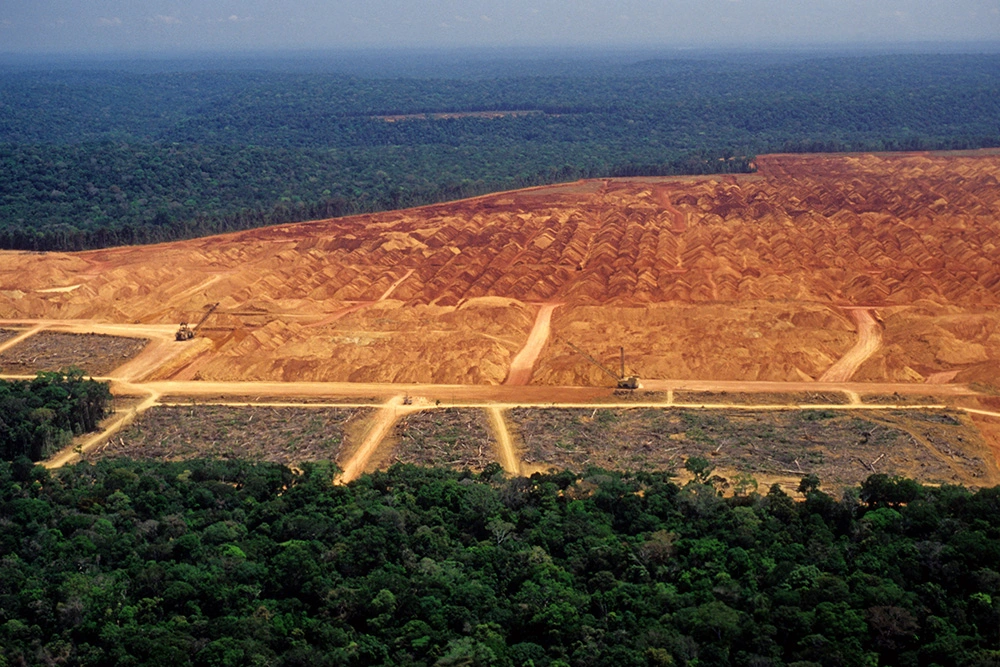
At Thermory, we’re committed to responsible harvesting. None of our wood comes from the rainforests – it is all sustainable, temperate deciduous or coniferous forest wood. Our wood is sourced from Northern and Appalachian forests in the U.S. and Canada, as well as from Northern European forests. This isn’t an accident – Thermory wood is harvested from naturally-renewing forests, with responsible practices to prevent deforestation. We choose our partners and vendors carefully, and ensure a high level of oversight. In fact, Scandinavia, where much of our wood is harvested, is known for having the most responsible forestry practices in the world.
One of the questions we often hear is how Thermory wood compares to ipe, or other tropical hardwoods. The answer is really quite simple. Our company was built on responsible, sustainable wood products. Our modification process uses only heat and steam, preserving the best qualities of natural wood while increasing the rot resistance. Our installation methods were developed to limit product waste. And, of course, we use non-rainforest species harvested within forestry regulations.
For Thermory, sustainability is everything. It’s about more than just not cutting down rainforest trees – it’s built into everything we do.
Our thermal modification process results in simple, beautiful ash, pine and spruce that offer unrivaled durability. Thermory ash products match tropical wood in longevity and color, offering 25+ years of rot-resistance. Because Thermory is built on a mission of solving the problems our customers face, we’ve also created innovative installation solutions that are far superior to tropical wood installation methods, which are notoriously difficult. Our installation solutions like PaCS, JEM joints, and expansion beads create very little waste and make for efficient installation.
Here’s the bottom line: we got into the wood modification business because we love trees. We love the natural beauty and strength of wood, and we designed our business around preserving that. Our products retain the natural benefits of real wood, and our modification process enhances every fiber for durability that matches that of tropical hardwoods like ipe.
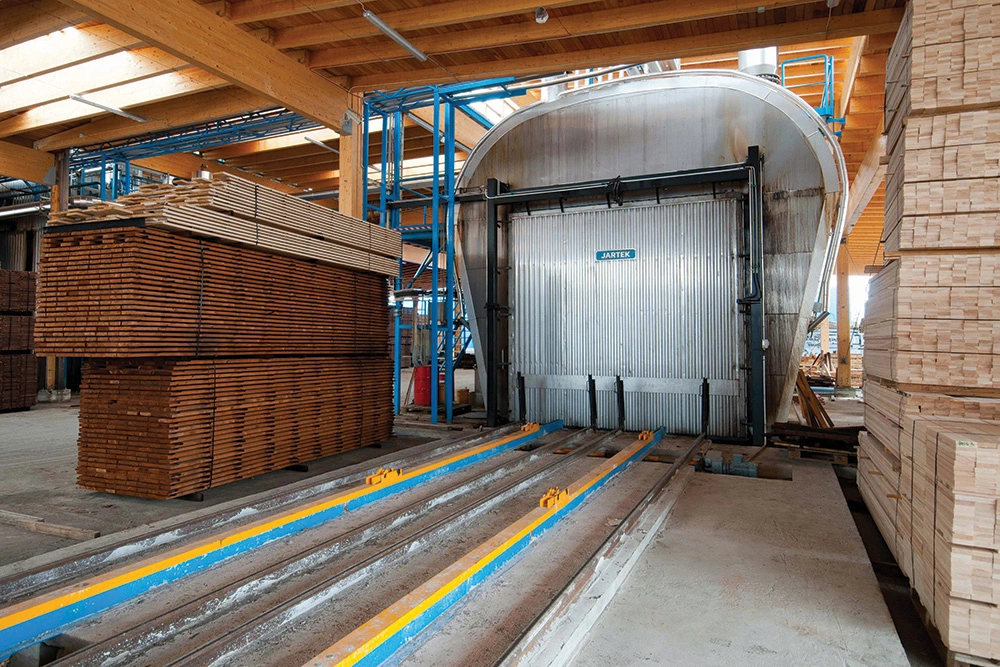
Architects and designers often spec tropical woods like ipe for high-end jobs because of its rot resistance and appearance. They may even spec it with some degree of guilt, knowing about the environmental issues associated with this choice. Thermory ash products are the solution to tropical hardwoods – compared to ipe, Thermory ash offers better performance and durability without the guilt.
Where your wood comes from matters as much as what’s done to it after it’s harvested. Thermory believes that we can be part of the solution to illegal logging and rapid climate change by offering an alternative to rainforest wood – in fact, we believe our products surpass tropical wood. We’re passionate about our products, and committed to sustainability.
Learn more about the Thermory Footprint here.
